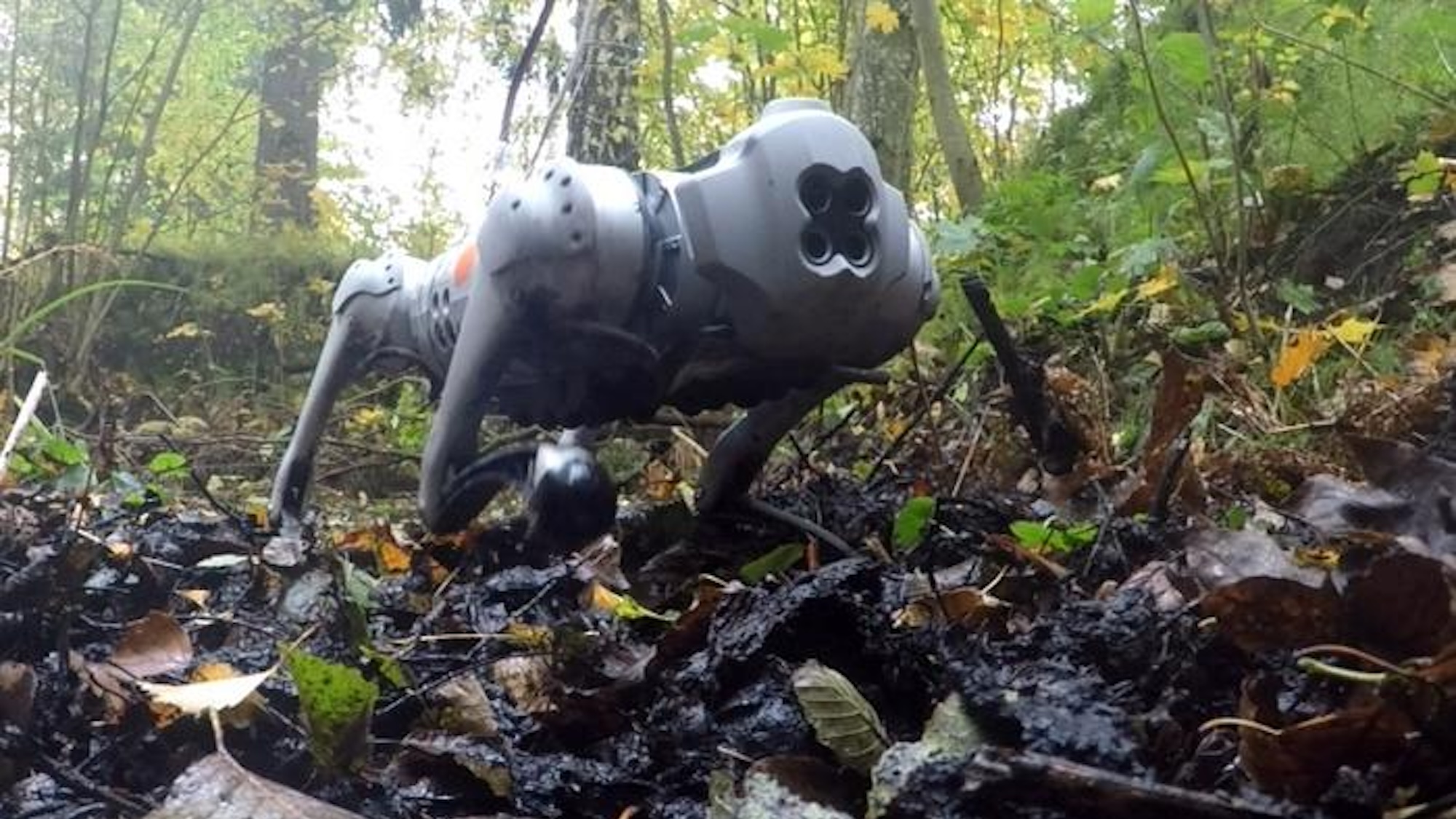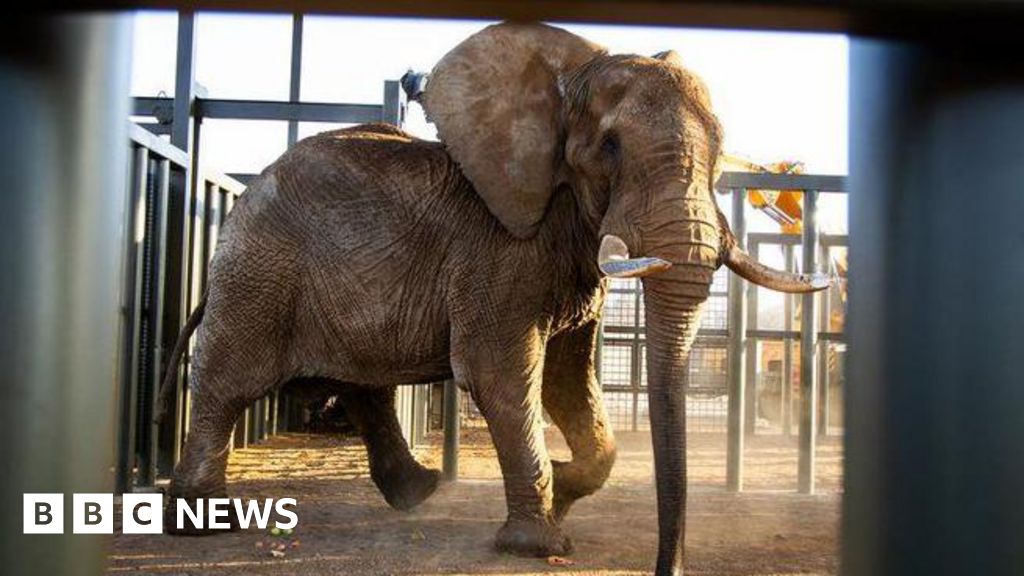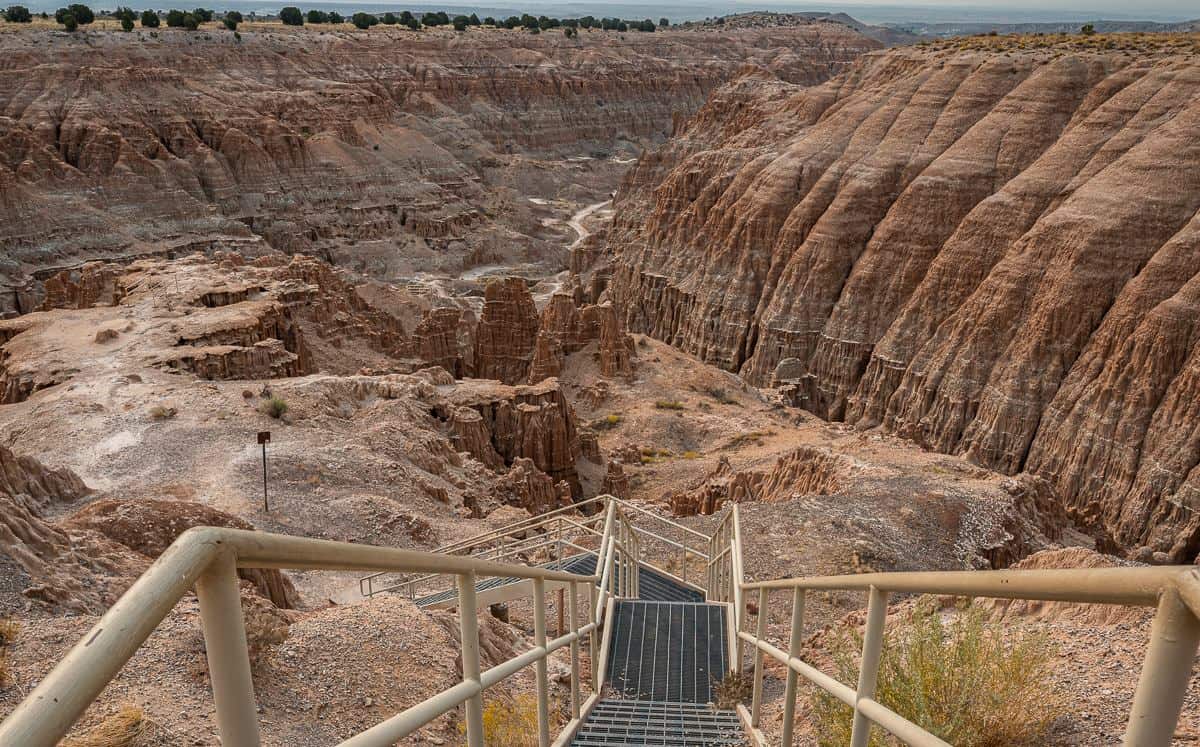Essay by Eric Worrall
All that separates us from a Venezuelan style economy where ordinary people search the trash for food is politicians listening to the wrong advice.
The UN can set a new course on “critical” transition minerals
Published on 20/08/2024, 4:51pm
Comment: A high-level panel is working to define principles for responsible mining, which will be presented to the UN General Assembly in September
By Claudia Velarde, Stephanie Weiss and Jessica Solórzano
Claudia Velarde is Co-director of the Ecosystems Program at the Interamerican Association for Environmental Defense (AIDA), Stephanie Weiss is a Project Coordinator at AIDA, and Jessica Solórzano is an Economic Specialist at AIDA.
The global push toward renewable energy, intended to reduce climate-aggravating emissions, has revealed how the environmental and social costs of extracting the minerals it requires fall disproportionately on local communities and ecosystems.
Many argue that electromobility and renewable energy technologies will help mitigate climate change – but adopting them on a large scale would require a massive increase in the mining of minerals such as lithium, which are key to their development.
…
Our reflection on what the Panel cannot ignore points to three elements: a status quo approach to “development”; a high level of technological optimism concerning mining; and a lack of urgency regarding ecosystem limits and communities’ rights.
First, we acknowledge that the Panel is under pressure from powerful actors, but it will need to resist the assertion that mining is always beneficial to the economic growth and prosperity of nations. This status-quo perspective reinforces the notion of unlimited natural resources for human consumption, mirroring the economic development promises of the early 20th century, which contributed to the current climate crisis.
The Panel must not fail to consider the possibility of degrowth or the imposition of limits on mining activities that could lead to reduced material and energy consumption. Nor should it neglect other forms of traditional and local knowledge that may offer possibilities for alternative development.
Then, on the impacts, pollution and other ecosystem disruptions caused by mining, it is consistently stated that assessments and evaluations are necessary – and that these can preserve ecosystem integrity.
…
I don’t think we should ignore these glimpses into what I believe it the true agenda of the green movement – the dismantling of the industrial revolution, and a return to a medieval peasant economy.
Did you know Venezuela was per capita the 4th wealthiest nation on Earth in the 1950s? There is no path to reduced consumption which does not include immense suffering and economic dislocation. Whether the reduced consumption is due to economic imbalances, price controls or government imposed sanctions on critical economic activities like mining, the result is always an economic recession or a new great depression, or in extreme cases total collapse.
Related





















Discussion about this post